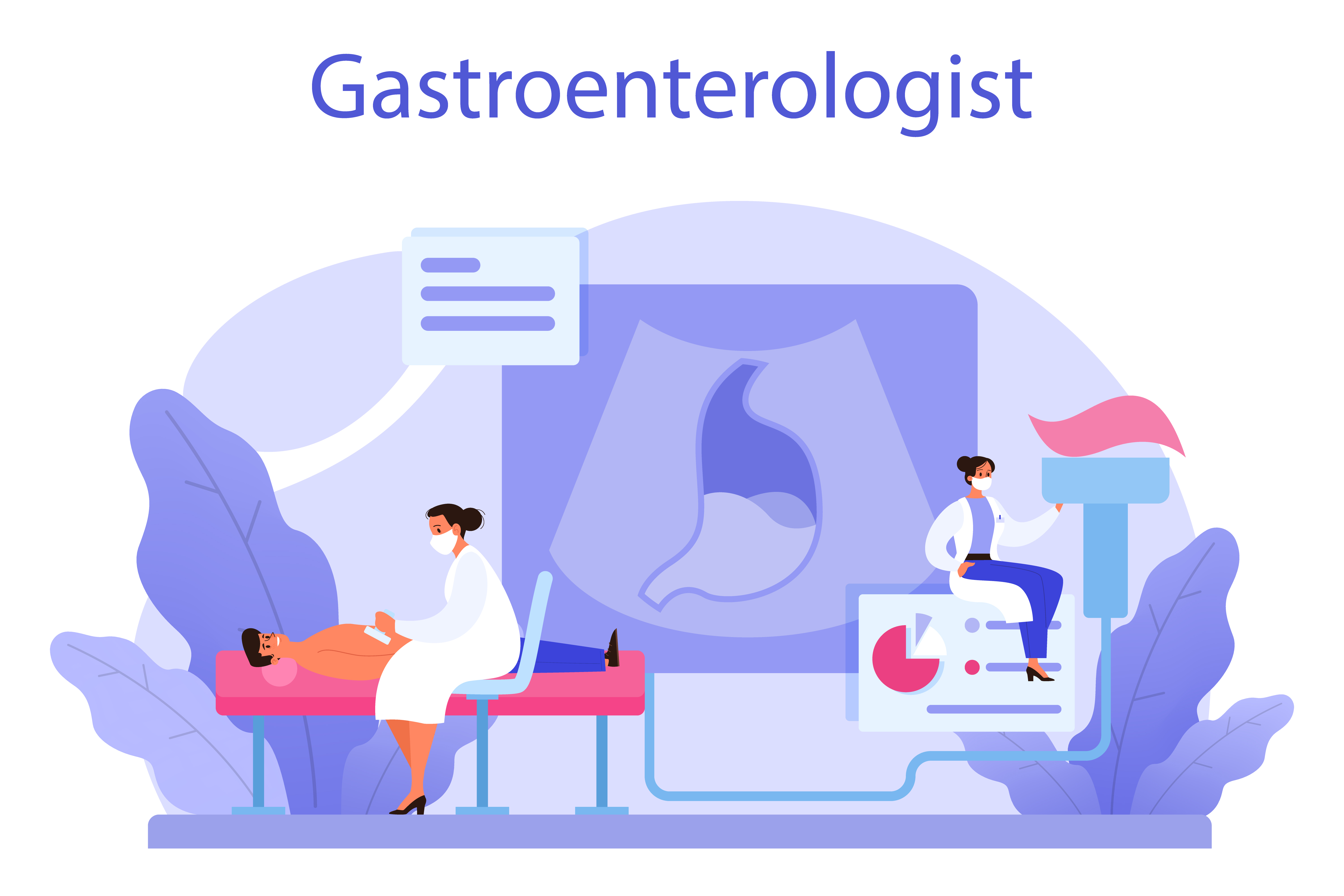

Gastroenterological procedures are crucial in diagnosing and treating various gastrointestinal (GI) conditions, offering a path to renewed health for countless individuals. If you're facing the prospect of a gastroenterological procedure or simply want to understand these techniques better, you've come to the right place.
In this comprehensive blog, we will delve into the world of gastroenterology, exploring medical techniques, the step-by-step process, and the benefits these procedures bring to patients.
Let's start with a comprehensive overview of GI procedures.
Gastroenterology is a medical specialty that focuses on the digestive system, encompassing the esophagus, stomach, small intestine, colon, and more. Gastroenterologists are trained medical professionals who perform a wide range of diagnostic and therapeutic procedures to identify and address GI issues. These procedures are invaluable in maintaining and restoring GI health.
Exploring Gastrointestinal Medical Techniques!

Gastrointestinal medical techniques cover a broad spectrum of procedures. They include diagnostic tests, such as endoscopy, which allows doctors to examine the inner lining of the digestive tract, and therapeutic interventions, like minimally invasive surgery to treat conditions like hernias, gallstones, or even cancer.
Step-by-Step Gastroenterological Process!
Understanding the step-by-step process of gastroenterological procedures is essential to alleviate any anxiety or uncertainty you may have. Depending on the nature of your condition, your doctor will recommend specific tests or treatments. Here's a general overview of what you can expect:
Initial Consultation - Your journey towards improved gastrointestinal health commences with an initial consultation with a highly skilled gastroenterologist. During this pivotal meeting, the medical expert will thoroughly review your medical history and engage in a detailed discussion about your symptoms. This step is essential in gathering essential background information to guide the diagnostic process.
Diagnostic Tests - If necessary, your gastroenterologist may recommend diagnostic tests to gain deeper insights into your condition. Common diagnostic procedures in gastroenterology include endoscopy and colonoscopy. These tests provide invaluable visual data that aids in identifying issues within the digestive tract, facilitating an accurate diagnosis.
Treatment Planning - Once a precise diagnosis has been established, your healthcare provider will craft a personalized treatment plan tailored to your specific needs. This comprehensive plan can encompass a range of interventions, including medications to manage symptoms, lifestyle modifications, dietary changes, or even surgical procedures. The choice of treatment will depend on the severity and type of gastrointestinal disorder.
Procedure Day - On the day scheduled for your gastroenterological procedure, you will receive detailed instructions on pre-procedure preparations. This may involve fasting to ensure a clear view during endoscopy or colonoscopy. If your procedure requires anesthesia, your medical team will administer it carefully to ensure your comfort and safety throughout the process. During the procedure, the healthcare professionals will maintain a vigilant focus on your well-being, ensuring that the process goes smoothly.
Recovery - After the completion of the procedure, your medical team will closely monitor you during the recovery period. The duration of your stay in the medical facility will vary depending on the complexity of the procedure performed. For less invasive procedures, you may be discharged on the same day. In contrast, more intricate surgeries may necessitate a brief hospital stay. This post-procedure monitoring aims to ensure that you recover well and do not experience any complications.
Follow-Up Care - Follow-up appointments are an integral component of your gastroenterological journey. These appointments are scheduled to assess your progress, monitor the effectiveness of the treatment plan, and make any necessary adjustments. Follow-up care is vital for ensuring that you achieve the best possible outcome and continue on the path to improved gastrointestinal health.
Moving ahead, let’s discuss,
Gastroenterology Procedure Benefits

Gastroenterological procedures bring a wealth of advantages to patients, encompassing a diverse array of benefits:
Accurate Diagnosis - Gastroenterological procedures, such as endoscopy and the utilization of advanced imaging technology, provide unparalleled precision in diagnosing gastrointestinal conditions. This precision allows for the development of targeted and effective treatment plans, minimizing guesswork and maximizing the chances of successful outcomes.
Minimally Invasive Options - A notable advantage of many gastrointestinal procedures is their minimally invasive nature. This means that medical interventions involve smaller incisions or even no incisions at all. Consequently, patients experience reduced post-procedure discomfort, shorter recovery periods, and a quicker return to their daily routines. The emphasis on minimally invasive techniques represents a significant advancement in the field of gastroenterology, enhancing the patient experience.
Cancer Detection - Gastroenterological procedures play a pivotal role in the early detection of gastrointestinal cancers. Conditions like colon cancer, when diagnosed at an early stage through procedures like colonoscopy, offer substantially improved survival rates. Regular screenings are a critical aspect of cancer prevention, highlighting the importance of these procedures in maintaining overall health.
Therapeutic Interventions - Gastroenterologists possess the expertise to perform therapeutic interventions during procedures. This includes the removal of polyps, which can be precursors to cancer, and the treatment of bleeding ulcers. These timely interventions not only address immediate health concerns but also contribute to the prevention of more severe conditions.
Improved Quality of Life - Gastroenterological procedures have a transformative impact on patients' quality of life. Addressing gastrointestinal issues can significantly enhance overall well-being, from alleviating discomfort and pain to improving nutritional intake. Patients often experience a noticeable improvement in their daily lives, allowing them to engage more fully in various activities.
Long-Term Health - Identifying and treating gastrointestinal conditions early is a cornerstone of maintaining long-term health. By detecting and managing issues promptly, patients can avoid the development of complications and chronic conditions. Regular check-ups and screenings as part of gastroenterological care provide a proactive approach to safeguarding one's well-being.
Conclusion
Gastroenterological procedures are a vital component of modern medicine, offering hope and healing to those with GI concerns. With this comprehensive guide, you now better understand what to expect on your journey from the surgery room to renewed health. If you have specific questions or concerns about your upcoming procedure, don't hesitate to reach out to your healthcare provider. Your path to a healthier, happier you begins with knowledge and understanding.